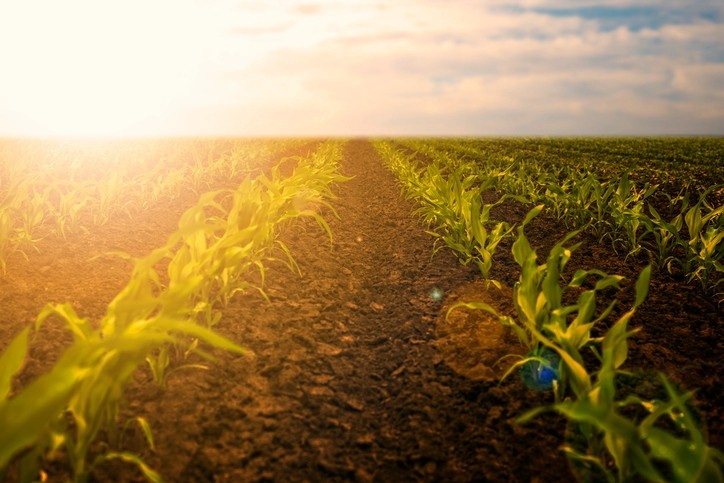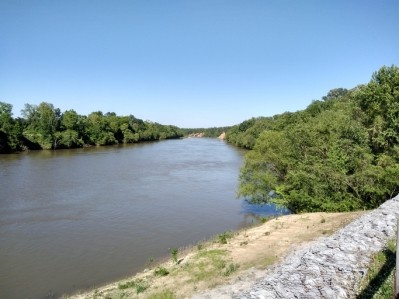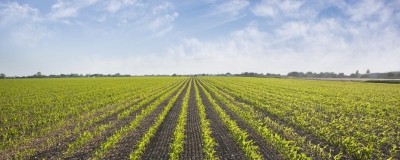Environmental groups call for specifics, as Tyson announces feed sustainability program

Tyson’s commitment would cover about half of its US feed supply chain. The goal is to have the new methods in place by 2020.
Environmental activists, Mighty Earth, said Tyson’s pledge was a response to mounting pressure on the processor from local communities, investors, customers, and the environmental community.
Tyson Foods does not raise corn or other feed crops, but it does buy feed ingredients as part of its poultry production process. It also purchases grain-fed cows and pigs. Grain farmers that sell feed ingredients to the company will be encouraged to take steps like using more efficient fertilizer practices and reducing soil erosion and water runoff.
The company also said that it is planning to work with at least one third-party group to establish a program that corn producers could use to improve their production practices.
Tyson’s major customer, McDonald’s, also recently announced its commitment to reducing greenhouse gas impacts from restaurants and offices 36% by 2030 from a 2015 baseline, and to reduce greenhouse gas emissions intensity from its supply chain 31% during the same timeframe.
Lucia von Reusner, campaign director with Mighty Earth, told us some of the practices the food company is looking to improve upon align with the focus areas outlined by that organization in its report Mystery Meat II. However, the not for profit group is awaiting more details about what and how Tyson’s is going to act in this regard, she said
“The commitment right now does not contain specifics, so it is hard to know what their level of commitment is,” said von Reusner. “However, two million acres is a strong indication that they’re getting serious about paying attention.”
Mighty Earth’s goal is to achieve industrywide transformation in terms of lessening the environmental impact of meat production
“Tyson leads, it set the standards for what most of the industry follows,” she told FeedNavigator.
It is important to have the large companies involved, but the whole industry eventually needs to participate, she added.
“In the long-run, we hope that when these large companies recognize that the public is requiring or pushing them to adopt [more sustainable] practices, that they’ll want to see these put into law, to level the playing field and offer incentives,” she said.
Mystery meat overview
Mighty Earth’s report Mystery Meat II highlighted practices involved in feed crops like the run-off of fertilizer, or manure used as fertilizer, that could leach into waterways and potentially contribute to algae blooms, said von Reusner.
“In general the meat industry has the largest impact of any agricultural system in the world, and about 80% is dedicated to raising meat, and much of that impact and land use comes from the production of feed grains required to raise the animals,” she said. “In the US, the production of corn and soy is the leading producer of water pollution and reduction in native vegetation – and it’s pretty much unaddressed by the meat industry – it’s in need of huge reforms.”
The meat industry has consolidated in the US, now involving fewer but integrated feed and meat businesses, she said. Shifting the behavior, mindset or practices of just a few large companies has great potential to generate wide-spread change.
“The focus of the campaign has been to push Tyson,” she said. “They’re the largest meat company and they’re heavily concentrated in those parts of the country that are seeing the worst impacts in areas like water quality.”
Additionally, the company’s CEO has made several promises on sustainability, she said.
'Devil is in the details’
However, there are several areas where the organization is looking to see more specific information from Tyson, said von Reusner. “The devil is in the details so we’re waiting to see what that looks like,” she added.
“The company needs a transparent implementation plan that shows how they are going to deploy this on the ground and that they will be shifting practices,” she said. “And 2m acres is a lot, but their supply chain in the US is about 5m acres so expanding it to take account to the full supply chain and feed is just one of the areas.”
Other steps that the organization is hoping to see include gaining more information and details about what the verification method will be, she said.
Several of the farming practices that could help improve sustainability and reduce negatives like nutrient run-off are known to feed crop producers, she said. “Many farmers have been using them in the past and are starting to implement them,” she added.
Additionally, some states, like Maryland, have started paying farmers to make certain changes – like planting cover crops – to address environmental concerns, said von Reusner.
“We only plant corn and soy and between those crops, we strip the soil and dump way too much fertilizer on it,” she said. “In speaking with farmers across the Midwest – they understand the need to have more diverse rotations, and they say, ‘We’d love to start using these, but no one is buying them.’”












